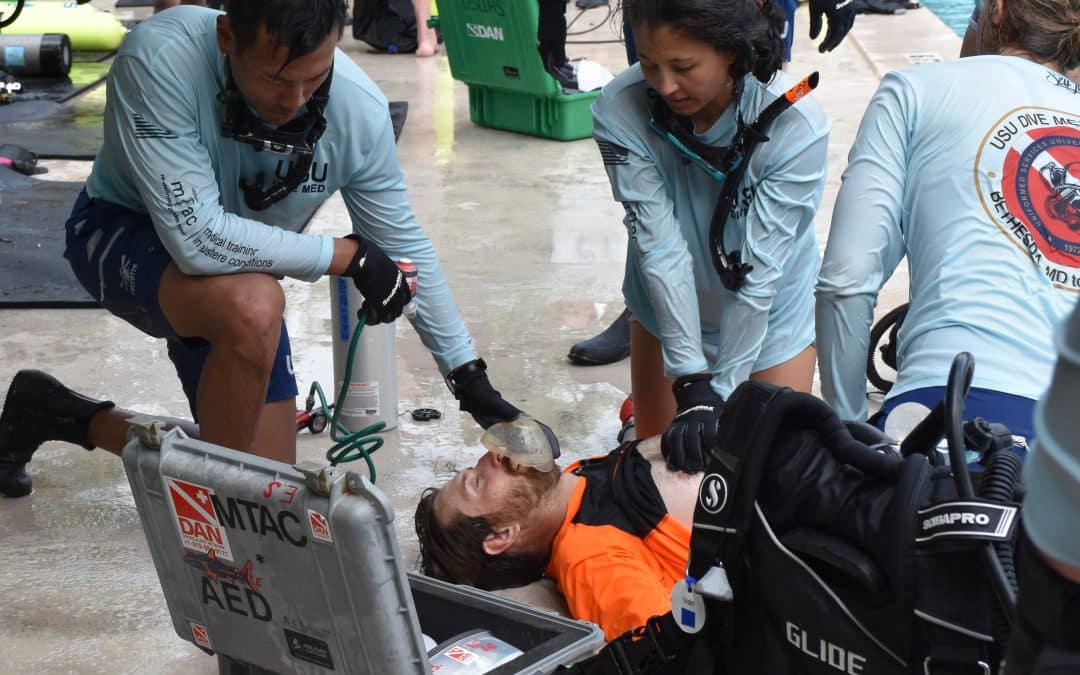Medical Readiness does not occur by happenstance, there are no magic pills or one-stop shop training platforms.
I frequently get asked how I prepared for damage control resuscitation and damage control surgery in the austere environment… aka, pre-hospital medicine. Reminder, “ Anesthesia” is my background, but the following principles apply to all healthcare professionals.
There tends to be this overarching focus in academic settings that hospital medicine is the only thing that needs to be taught to students. Everything that occurs from point of injury to the arrival to the ER is just magical and someone else does those things and docs just take over from whatever they were delivered. Good, bad or ugly… we never focus on how we could alter the course of the presentation to the ER.
So how does one prepare….
Again, there are no magic pills, readiness is a life long journey. But wait, we are a society that demands instant results. We cannot wait a lifetime to learn this stuff. I need to know now… well Homer, take a breath and listen.
One must initially master the basics and build a strong clinical foundation. Once these basics are mastered, it is time to take the personal responsibility to understand you don’t know what you don’t know. Time and time again, I took “hospital” experts that were the best of the best, threw them in the back of a panel truck, no light, hot as hell and asked them to perform the simplest medical task… it was failure time and time again… not because they aren’t smart, not because they don’t know the skill… simply they have not done it in that environment..
So what do you do… step two after the basics, you must commit yourself to learning, be willing to learn, accept that there are always people wiser than you with regards to certain tasks, lose the ego, become humble and sponge every ounce of knowledge from everybody you can for the rest of your life.
Now, trust but verify. Many folks claim expertise, many have developed whiz bang techniques, many will tell you that their way is the best…… hogwash I say… You have to take all the knowledge, ball it up like a pile of clay and mold the techniques that work best for you. Master what you’re a natural at; work tirelessly on the things that present a challenge.
Ok, that was a bunch of skills to work on….. now what?
You now have to take those skills and apply them in different environments. Cold, wet, hot, low visibility, underwater, early morning, late at night, set an alarm and wake yourself from a sound sleep and immediately practice surgical cricothyroidomy. I had a task trainers set up on my night stand and would wake to an alarm and immediately attempt the task relying on muscle memory in a hazy fog.
Seek training opportunities. We at MTAC offer a unique set of training platforms to challenge you clinically, operationally, physically and emotionally; hence COPE (clinical, operational, physical and emotional) this was a model that I developed to help develop curriculums for the DoD to ensure readiness.
MTAC has a lot to offer, but it is not a one stop shop. If anyone claims to be, they are fools or liars. So, you attend other training events. Attend training outside of your specialty, attend seminars, network, meet folks with the same passion and share experiences.
I could ramble for hours, but I think you are starting to get my message. My last thought is find a mentor… one that truly loves to mentor… seek guidance and become a mentor yourself for those early on the readiness path and help them along the way…
Until the next blog, cheers!
Matt

